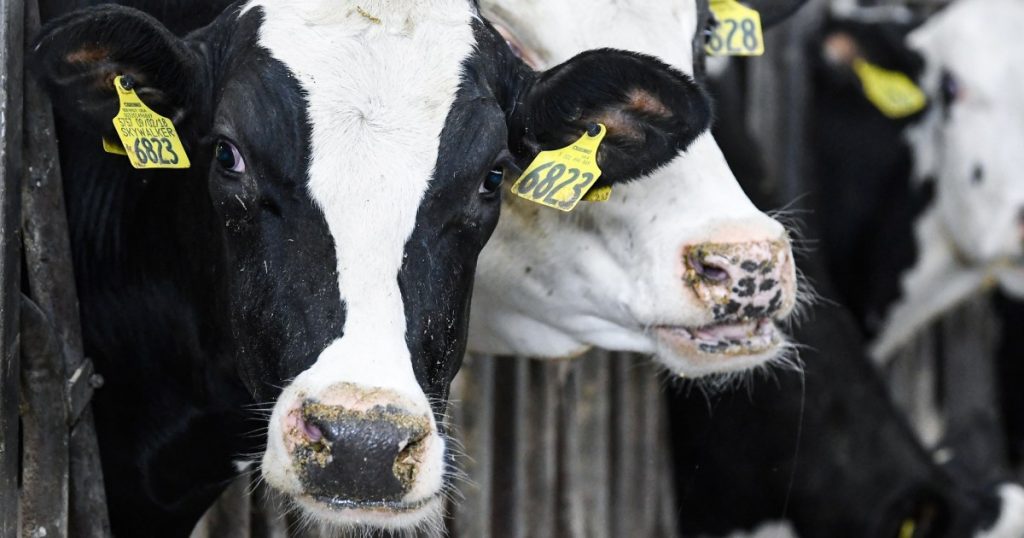A person in Texas has been diagnosed with a highly virulent strain of bird flu, which was first detected in a handful of dairy cattle across multiple states last week. The Texas Department of State Health Services revealed that the infected individual worked on a dairy where some cows tested positive for the H5N1 strain of bird flu. The source of infection is uncertain, as it is unclear whether the person contracted the virus from a dairy cow or through the same source that infected the dairy cows – which seems to be dead waterfowl found on the property. Despite this development, officials are reassuring the public that the risk to the general population remains low. The Centers for Disease Control and Prevention also emphasized the low human health risk assessment for the U.S. public related to the H5N1 bird flu strain.
Cases of the highly pathogenic avian flu strain in humans are rare but deadly, with a fatality rate of over 50% for those infected. A recent case in Vietnam resulted in the death of a 21-year-old man who was infected with the virus. The incident in Texas marks only the second-ever human case of this bird flu strain in the U.S., with the first case detected in 2022 in a Colorado man who was exposed to the virus while working on a poultry farm. Despite these alarming developments, the CDC maintains that the overall risk to the public is low. It is important to note that the cases in cattle were isolated and did not spread rapidly, with authorities closely monitoring the situation to prevent further transmission of the virus.
The H5N1 strain of avian flu, which typically spreads quickly among birds, has been reported in nonbird species such as polar bears, foxes, and marine mammals. Recent cases of the virus in dairy cows across several states have raised concerns about potential transmission and its impact on food safety. However, experts stress that the virus does not appear to be airborne, and there is no evidence of mutation to allow spread among cows. The CDC has stated that the risk to the U.S. public from the virus is minimal, with individuals who work closely with livestock at a higher risk of infection. Health authorities advise against consuming unpasteurized dairy products from animals suspected or confirmed to have bird flu, though commercial milk and meat products are considered safe.
The CDC and other health agencies are closely monitoring the situation and working to understand the virus’s behavior, including its potential to spread to other animal species. It is crucial to track any changes in the virus that could increase its infectivity among humans or facilitate person-to-person transmission. Surveillance efforts are ongoing to detect any mutation that could lead to an emerging pandemic. Vaccinations for avian flu are available, and existing antiviral drugs can be used for treatment if needed. Despite the seriousness of the situation, officials urge the public not to panic, as they are actively working to address the issue and ensure public safety. It is essential to stay informed and follow recommended precautions to mitigate the spread of the virus.


